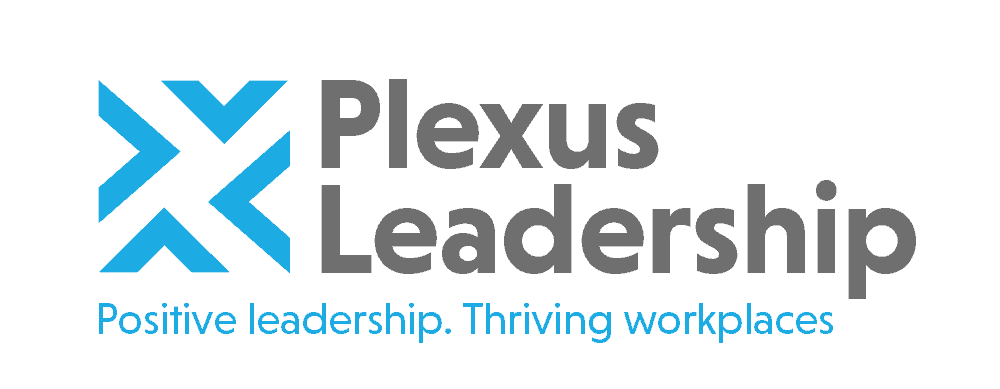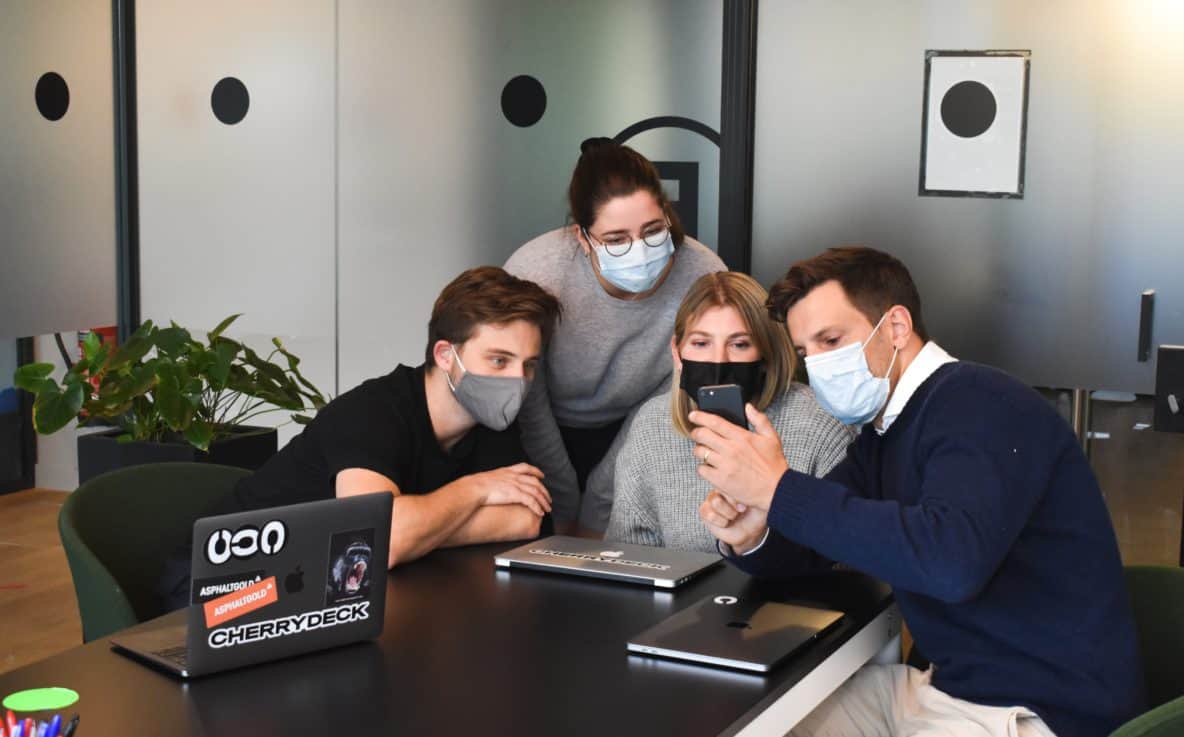In her seminal book on Teaming: How Organizations Learn, Innovate, and Compete in the Knowledge Economy, Professor Amy C. Edmonson makes a significant point about Cognitive Frames:
- “A frame is a set of assumptions or beliefs about a situation. Most of the time, framing occurs automatically. We rarely recognise the power of the automatic frames we’ve superimposed on situations, because we take them for granted. Frames nearly always exist, shaped by past experiences. Without our realising it, these prior experiences affect how we think and feel about the current situation. Framing is neither good nor bad: it is inevitable.”
The COVID-19 cognitive frame
For most of 2020, we have lived our lives through the lens of a very specific COVID-19 cognitive frame. We have experienced this in all areas of life and at all levels: individual, team, organisational, community and even planetary. When speaking to leaders and leadership teams in organisations, the language used to describe their current realities pointed to cognitive frames that could be named as: The frame of Protection; The frame of Survival; The frame of Major Disruption (what is yours?).
Living in this frame every single day has shaped our worldviews, assumptions and beliefs. It has also shifted our behaviours and how we work together.
An abundance of guidance has been produced to help leaders and teams understand and navigate this cognitive frame. Leaders have been advised on how to ensure ‘business continuity, continued support and trust in the workplace’ (example – McKinsey’s study on new practices for remote working). Teams have been offered guidance on important behaviours that can make a difference to their effectiveness (example – Deloitte’s guide on remote collaboration and the challenges of COVID-19).
The post-Covid cognitive frame
At the time of writing this, the WHO reports that there are over 50 COVID-19 vaccines in trial. Countries are now rushing to approve the vaccines judged as safe.
A long-awaited sense of hope and optimism is emerging with many. With this new and refreshed perspective, we will inevitably shift into a new cognitive frame. One important question is whether we have the choice of what this new frame will be?
| From | To | |
| The frame of Protection
The frame of Survival The frame of Major Disruption (what is yours?) |
The frame of Innovation and Creativity
The frame of Impact The frame of Courage (what will be yours?) |
Intentionally shifting cognitive frames is easier said than done. Let’s not forget that it took a global pandemic to shift some people’s perspectives, and some are still resisting or hoping to ‘go back to the old normal’. This is a tremendous opportunity for us all to define our new frames, rather than wait for the external environment to shape it for us.
Where should we start?
I believe that organisations which are able to intentionally transition to new frames will have a strong competitive advantage. My argument is that we can start this dialogue and transition process together, in teams. That is where all of the great work in organisations happens.
To be able to consider new frames and transcend old ones, teams need a strong climate of psychological safety. This is necessary so that teams can really open up and have honest conversations about some key questions:
- What learning can we take forward from our current frame?
- How would we want our future to be?
- What options do we have? What frame are we choosing – consciously or unconsciously?
- What assumptions and beliefs are we choosing to uphold?
- What behaviours do we want to practice?
The term ‘psychological safety’ has been coined by Amy Edmonson as “a belief that one will not be punished or humiliated for speaking up with ideas, questions, concerns, or mistakes”. This is a foundation for meaningful dialogue, allowing team members to open up and express themselves.
Here are 5 practical resources we can use immediately, based on her 20+ years of research into psychological safety:
- Measure the psychological safety in the team by checking against these 7 statements:
- If you make a mistake on this team, it is often held against you.
- Members of this team are able to bring up problems and tough issues.
- People on this team sometimes reject others for being different.
- It is safe to take a risk on this team.
- It is difficult to ask other members of this team for help.
- No one on this team would deliberately act in a way that undermines my efforts.
- Working with members of this team, my unique skills and talents are valued and utilized.
- Consider the 4 concerns that powerfully shape our willingness to speak up. Think about how these might apply to defining and/or transitioning to a new cognitive frame.
| No one wants to look… | Which makes us… |
| Ignorant | Not ask questions |
| Incompetent | Not admit weaknesses or mistakes |
| Disruptive | Not offer new ideas |
| Negative | Not critique the status quo |
- When considering a new frame, encourage individual and shared accountability. A mix of psychological safety and accountability moves the team into a ‘Learning zone’. Read this HBR article for further details.
- Introduce healthy team habits and practices that enhance psychological safety in teams. Review Google’s downloadable guide on Manager Actions for Psychological Safety, part of their Project Oxygen research on what makes effective teams.
- Learn more about the importance of psychological safety by watching Amy Edmonson’s popular TED video, or by reading her books.
Other Posts

About the Author
Alexandru Popa-Antohi
Associate Director
Alex has over 11 years of international business and organisational experience across Europe and the US. His main focus areas are: (1) coaching senior leaders and teams in their shared endeavour to create value for their organisations and stakeholders and (2) designing, delivering and embedding bespoke leadership development programmes. He is particularly experienced in working with tech-driven organisations and scale-ups operating in an agile environment.
Over the years, Alex has delivered high-impact work including the design and roll-out of global leadership development programmes, talent management and high potential programmes, coaching culture strategy, learning academies and technology, while being part of a global HR centre of expertise.
He holds a Bsc. in Computer Science and a Master’s in Psychology – Adult Education. He is an APECS Accredited Executive Coach and a registered psychometric test user (including Hogan Assessments, EQ-i 2.0, NEO and Saville Wave). He is currently undertaking an Advanced Diploma in Systemic Team Coaching (AoEC).
Alex sits on the Board of the Association of Professional Coaching and Supervision (APECS) and he is a core member of the Future of Coaching Collaboration (FCC). He is also a former trustee of an educational charity in Romania, where he co-designed a four-year curriculum of non-formal learning for high-school students. This has now been followed by over 17.000 students across the country.
Alex’s top strengths are relationship building, strategic mindedness and creativity. Outside of work, Alex practices Japanese ju jitsu and enjoys listening to big band jazz music.





